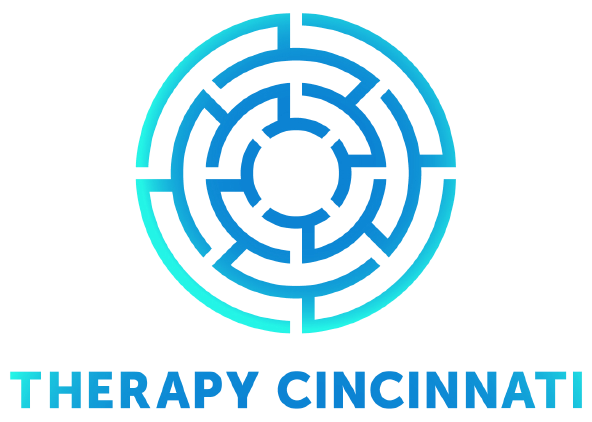Inherited trauma is the concept that past traumatic events and caretakers with a Post-Traumatic Stress Disorder (PTSD) can play a highly influential role in the way future generations react and respond to their surroundings. While the research surrounding “inherited trauma” is still relatively new, the notion of inherited trauma is research-backed by the proven concept of epigenetics. Epigenetics is the study of how environments and learned behaviors can alter the way a particular gene is expressed. Through an epigenetics perspective, inherited trauma does not necessarily mean that traumatic events have the power to genetically alter someone’s DNA nor the genetic code of their children. Rather, epigenetics demonstrates how traumatic symptoms and responses can be taught and thus passed on through learned behavior.
One such way that traumatic symptoms can be inherited through epigenetics is through memories passed down from generation to generation – such as with cultural trauma as one example. As the retelling of traumatic ancestral narratives are retold and passed down, the lasting impact can resonate with the new generation who often experience PTSD symptoms in an attempt to cope with the traumatizing memories they inherited. Another way that inherited trauma can manifest itself is through learned behaviors. For example, there are many studies that indicate that anxious habits and other fight or flight stress responses can be learned behaviors. In other words, nervous twitches, certain behavioral habits, and fears can be inherited through observational learning.
Regardless of the origin of traumatic symptoms, experiencing traumatic symptoms is traumatic in and of itself, and EMDR is extremely effective for healing symptoms of trauma, inherited or otherwise.
Eye-Movement Desensitization and Reprocessing (EMDR) therapy is a proven form of psychotherapy that has been especially healing for people who are struggling to cope with PTSD symptoms and traumatic memories. EMDR has been heavily researched as an effective treatment option for processing and reconciling with trauma-based memories so that symptoms of trauma ultimately disappear. Through EMDR treatment, participants do not forget the traumatic memory, rather they are able to recall the traumatic memory without experiencing the distressing symptoms associated with the traumatic memory.
As pain becomes processed in a safe, supportive, expert-led session, emotions and psychological sensations associated with the trauma resolve themselves as the compulsion to respond to a trigger with the former, learned way of reacting disappears. In this way, EMDR can help break the cycle of unhealthy behavioral patterns experienced or learned through inherited trauma or generational trauma.
5 Ways EMDR Therapy helps heal inherited trauma
1. Dysfunctional narratives and reactions are observed, identified, processed, and then released so that new, healthier, and more regulating patterns of behavior can be utilized.
2. Triggers lose the psychological power they once held, and the distinction between remembering an experience and re-experiencing an experience through recollection is differentiated.
3. The act of remembering a traumatic event will no longer be psychologically or emotionally disturbing.
4. Dysfunctional memory networks that instill unhelpful and dysregulating beliefs and behaviors will be processed and released. As a result, cognitive distortions, addiction behaviors, intense internalized shame, self-loathing, guilt, and other distressing emotions will be processed and reconciled.
5. EMDR therapy allows treatment participants to feel a sense of liberating freedom. Trauma halts the mind’s ability to balance the nervous system, and this can cause cognitive blockages or incomplete informational processing patterns. EMDR creates new neurological patterns of thought and provides support for informational processing to complete in a regulating and healing way. As a result, participants report no long feeling entrapped in the cycle of their trauma.
There are many benefits of EMDR therapy, and EMDR therapy is particularly effective with shame-based or culturally sensitive traumas. Explore other benefits of EMDR Therapy.
Working with a compassionate, trauma-informed, and certified EMDR Therapist such as our certified EMDR Therapists at Therapy Cincinnati can be a healing step towards resolving the traumatic symptoms and emotions associated with inherited trauma. If you would like to learn more about how EMDR Therapy can help you find comfort and healing, please contact us today for a free, 15-minute phone consultation.

